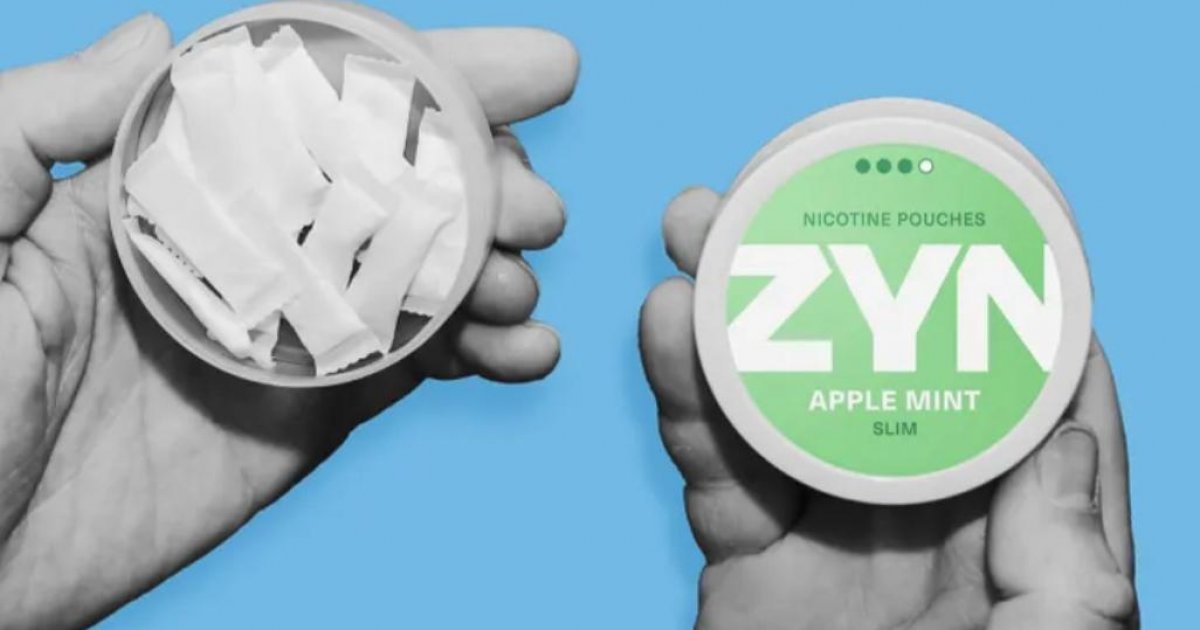In the confined boardrooms of corporate Gulshan, a professional endures subtle disdain from female colleagues and non-smoking bosses during high-stakes meetings, where the odor of smoke undermines his authority and professionalism.
This growing social stigma is amplifying the already dire tobacco crisis in Bangladesh, where innovative, smokeless alternatives like nicotine pouches could offer a discreet path to freedom.
What if a simple, smokeless nicotine pouch could provide million smokers of Bangladesh with a lifeline?
As tobacco’s hold tightens despite years of warnings and taxes, this discreet innovation might be the key to breaking the cycle. Bangladesh continues to grapple with high tobacco use, with projections showing about 31% of adults aged 15 and older indulging in some form as of 2025—a drop from 44% in 2010, but still alarmingly elevated compared to regional averages.
Among men, the rate hovers around 60% for smoking or chewing, while 28% of women turn to smokeless options like Jarda or gul.
Aggressive awareness campaigns, graphic packaging warnings, and steep tax increases have made strides, yet addiction rates remain stubbornly persistent, underscoring the need for supportive alternatives rather than punitive measures alone.
In 2023, Badael—a smoking cessation organization backed by the Saudi Public Investment Fund—unveiled DZRT, the kingdom’s first domestically produced tobacco-free nicotine pouch.
This unassuming product delivers nicotine through a small, flavored pouch tucked under the lip for 20 to 60 minutes, eliminating the need for combustion, smoke, or the telltale odor that fuels social stigma. Free of tobacco’s harmful byproducts, DZRT has sparked remarkable change: in under two years, it has assisted nearly 400,000 smokers in ditching cigarettes, with around 140,000 quitting nicotine altogether.
Hospital admissions for smoking-related illnesses are declining, and public perceptions of cessation aids are evolving positively.
Similar product ZYN a product of Philip Morris International has been Scientifically backing reinforces its promise: studies indicate these pouches are up to 95% less harmful than cigarettes, sidestepping tar, carbon monoxide, and over 7,000 carcinogenic chemicals released during burning.
Why nicotine pouches?
In balancing options, nicotine pouch emerges as a viable and accessible alternative for smokers in Bangladesh as Philip Morris Bangladesh has established their factory for nicotine pouch.
Philip Morris’ ZYN nicotine pouches, which received FDA authorization in January 2025 for 20 flavored varieties, affirming their potential public health benefits for adult smokers seeking alternatives. Like DZRT, ZYN offers oral delivery under the lip with flavors such as Cool Mint, providing a smoke-free experience without odor.
ZYN’s FDA nod highlights its role as a harm-reduced substitute, potentially up to 95% safer than traditional cigarettes.
ZYN has gained strong acceptance across Europe as a modern, smoke-free alternative for nicotine users.
Unlike traditional cigarettes or even vaping, ZYN offers a discreet, tobacco-free way to consume nicotine through oral pouches that dissolve gradually. Its widespread use in countries such as Sweden, Norway, and the UK reflects a broader public health shift toward harm reduction—encouraging smokers to move away from combustible tobacco products without giving up nicotine entirely.
For Bangladesh, where smoking-related health issues remain a major public concern, the European experience with ZYN offers a potential model for harm reduction.
Adopting nicotine pouch options with established international safety and quality standards could help local authorities guide smokers toward safer substitutes.
Leveraging ZYN’s European credibility may also ease public skepticism, encourage responsible use, and possibly reduce the country’s dependence on cigarettes—aligning with national health goals to lower tobacco-related diseases over time.
Policy watch
For Bangladesh, policymakers in the Health Ministry could mirror this by regulating these alternatives, generating revenue while preserving lives.
Launching programs in high-burden areas, such as Dhaka and Chittagong, by distributing free samples if required.
Customizing products with flavors inspired by local favorites like mango or paan could enhance cultural appeal, blending innovation with tradition.
For countless professionals, the last puff need not be inevitable—discreet aids offer a judgment-free escape. It’s time for decisive action: let’s clear the air and breathe easier together.



